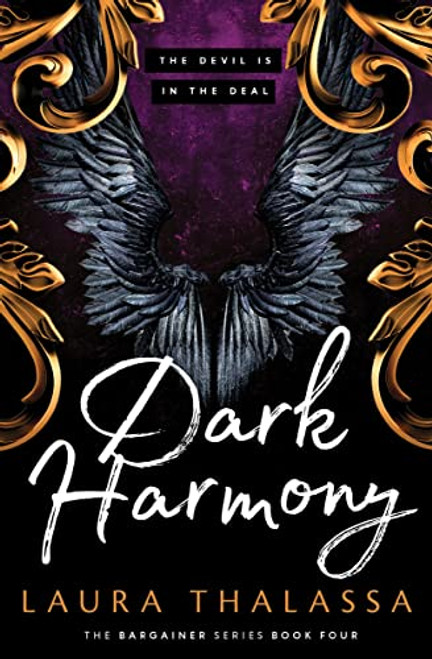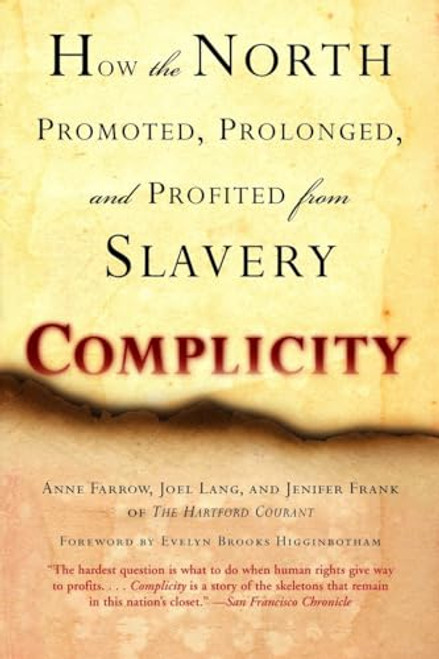An eye-opening examination of America's foundation
On September 17, 1787, at the State House in Philadelphia, thirty-nine men from twelve states, after months of often bitter debate, signed America's Constitution. Yet very few of the delegates, at the start, had had any intention of creating a nation that would last. Most were driven more by pragmatic, regional interests than by idealistic vision. Many were meeting for the first time, others after years of contention, and the inevitable clash of personalities would be as intense as the advocacy of ideas or ideals.
No issue was of greater concern to the delegates than that of slavery: it resounded through debates on the definition of treason, the disposition of the rich lands west of the Alleghenies and the admission of new states, representation and taxation, the need for a national census, and the very make-up of the legislative and executive branches of the new government. As Lawrence Goldstone provocatively makes clear in Dark Bargain, to a significant and disquieting degree, America's most sacred document was molded and shaped by the most notorious institution in its history.
Goldstone chronicles the forging of the Constitution through the prism of the crucial compromises made by men consumed with the needs of the slave economy. As the daily debates and backroom conferences in inns and taverns stretched through July and August of that hot summer--and as the philosophical leadership of James Madison waned--Goldstone clearly reveals how tenuous the document was, and how an agreement between unlikely collaboratorsJohn Rutledge of South Carolina, and Roger Sherman and Oliver Ellsworth of Connecticut--got the delegates past their most difficult point. Dark Bargain recounts an event as dramatic and compelling as any in our nation's history.










